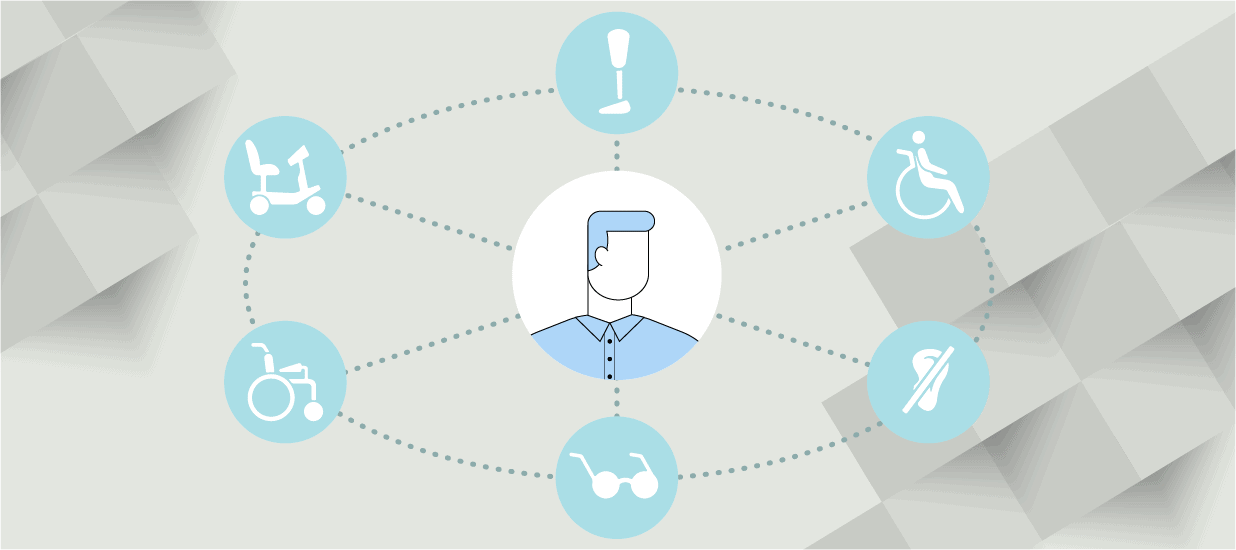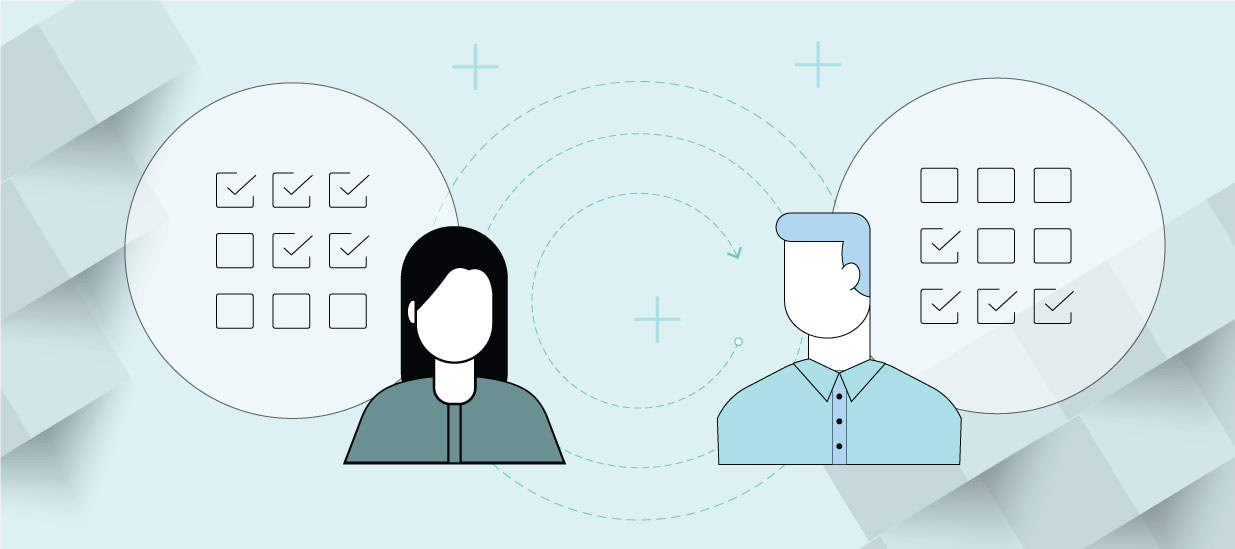You know you should be interviewing customers. But you just never seem to get it done. Why not? There are deadlines, sure, but the real reason is that you just aren’t very comfortable making “cold calls.’ And you’re not sure what you should say.
Well, get over it.

You simply can’t be successful in marketing if you’re not talking to customers. There is no other source of political power. None. If you don’t talk to customers, you can’t win any internal arguments about your strategy, campaigns, and budgets; you can’t represent the customer to all of the people in the company who have a product-centric or company-centric point of view; you can’t create campaigns that will resonate with customers; you can’t make the right product decisions; and you sure as heck aren’t going to get promoted. In other words, your personal success, your professional standing, your mortgage, your retirement, your kid’s college education, depends on making these calls.
This article will help you make these calls. The advice comes from someone who has made thousands of calls to customers, and knows exactly how you feel before making a call.
- Don’t think of these calls as “cold calls”. You’re not selling anything. You’re asking someone, politely and respectfully, what they think. You’re letting them talk and listening attentively. As long as you don’t start selling or defending yourself (this is very important), the customer won’t get bored and will spend anywhere from twenty minutes to an hour and a half on the phone with you. Call enough customers, and you’ll start to realize that these are the ‘warmest’ calls you’ve ever made.
- When you call to interview them, you have two choices. You can keep calling until you get through (one CEO whose company makes 2 million cold calls a year says it takes 13 tries, on average, before you reach someone at their desk). Or, you can leave a message. But don’t ask them to call you back. Tell them they don’t need to call you back (leave your number anyway) and you’ll call them again the next day, and then do so. Some people will call you back the first time. Others will appreciate the fact that you didn’t ask them to call you back, and will be friendly when you reach them. Others will blow you off no matter what you do. When you call the second time, leave a message, and this time ask them to call you back. Try several more times to reachthem at their desks (without leaving a message) and then give up. There are always other customers to call.
- When you get through, introduce yourself again, tell them why you’re calling, and then ask for permission to go ahead. If they sound rushed, stop. Say “Gee, you sound rushed, should we do this another time?’ If they are trying to meet a deadline, they will appreciate your courtesy, and will be glad to set up an appointment. They may also say, ‘Well, I do have a meeting in twenty minutes. Can we do it in that amount of time?’ Say yes, and then keep an eye on the clock. At the ten-minute mark, say, ‘We’ve got ten minutes left.’ Do it again at the 15-minute mark. At twenty minutes, say, ‘It’s been twenty minutes. Do you need to go to your meeting now?’ Sometimes they will say, ‘Well, I can be late for that one. What other questions do you want to ask?’ One woman even missed a plane on purpose because she thought it was so important that my client hear what she had to say. Because you are respectful of their time, their appreciation will translate into more time for you.
- If they ask you, ‘How much time will this take?’, because they’re terrified of those 200-question surveys, just say, ‘Well, it’s up to you, since I’m just going to be asking a few open-ended questions. But normally these calls take about twenty minutes.’ This is true, if the person is a bit rushed, that’s how long they take. But if they enjoy the conversation, they’ll talk longer.
- Take copious notes as they talk. Immediately after the conversation, go back through your notes and add details. Don’t wait to clean up your notes; you’ll want to capture the mood of the call and phrases they use. If you record the call, tell them up front and assure them that their comments will NOT be attached to them. Keep your promise, even if someone in your company asks you, ‘Who said that?’
- Assume that they will test you. They will say something negative, and then wait for your reaction. If you don’t defend yourself, they will continue and tell you the whole truth. Listen as a friend would, empathizing and staying engaged. Don’t check your email during the conversation; they’ll sense that you’ve disengaged, will become insulted and bored, and will terminate the conversation.
- If they do bring up a problem you know has been fixed, hear them out before you tell them. Then say, ‘Actually, that was fixed three months ago. We sent out a note, but it’s obvious that we didn’t do a good job of communicating. What could we have done to make sure you got the message?’ If they bring up a problem that you can fix later, tell them that you will talk to others about it and keep them up to date on your progress.
- Ask two types of questions: open-ended questions listed below and questions that help to draw them out during the conversation, such as, ‘How long has this been happening? What did you do after that?’ Open-ended questions include: How do you feel about our products? service? company? What’s your typical buying process for this type of product? What happens, and who’s involved? If you were looking for this type of product again, what would you do? (If they say they’d use a search engine, find out which terms they’d use). What do you think about our website? Who do you consider our competitors, and what could we learn from them? What trends do you see in your market right now? What is your biggest problem or challenge in your job?
- If they express doubt, draw them out. They may answer a question with a tentative-sounding ‘yes.’ Pursue it courteously. ‘You don’t sound too convinced. Was there another problem?’
- At the end of the call, thank them enthusiastically and ask them if you can call them back later with specific questions about products or pricing. Over time, you will collect an advisory board that will help you make better decisions and sell your ideas internally.
After you make one of these calls, you’ll wonder why you were so hesitant to do it before. It will energize you. Next time you get into an argument with your salesperson, who insists that the last person she called on represents a market trend, you’ll be able to say, ‘Actually, I talked to sixteen customers this month, and they all said that they didn’t want us to do that, which is why I’m using this other method.’
Yes, you should be talking to two customers a week. That’s about 100 customers a year. Even though you’ll be conducting in-depth interviews, you’ll still be able to gather statistical data from these calls. We have found that you can assume you have identified a trend if at least five people in a given market feel the same way about something. They will even use the same phrase to describe something, even if they’ve never spoken to each other. Make sure that you talk to at least ten people in that market just to be confident in your findings. You will be able to track trends over time. You will spot buying trends long before they’re covered in the press (sometimes as much as six months to a year earlier).
Categorize the data by subject matter, so you can track trends and present them to your managers. If they do require that you conduct “check the box” surveys across a wider audience, use what you’ve learned in your telephone interviews to create the surveys. The questions and the answers will be far more relevant than if you made up the questions without interviewing customers first. You will find that the results from the “check the box” surveys simply confirm what you’ve already learned in your telephone interviews.
As you gather these data, you will find new confidence and clarity. You will know what is really important and what doesn’t matter at all. You will know what you should be prioritizing in your marketing materials, and we guarantee it isn’t what you thought.
Why do we recommend phone interviews? Because people speak more freely on the phone than they do in person. They’re in their own familiar environment. They aren’t influenced by anyone else, as they would be in a focus group, or nervous about ‘the people behind the mirror.’ They aren’t trying to show off how much more they know than the guy at the other end of the table. They’re just talking, one person to another, telling you how they feel.
Author
-

Kristin Zhivago, a seasoned revenue coach with 45 years of expertise, has left an indelible mark on Silicon Valley's tech landscape. With a career spanning Zhivago Management Partners, Cloud Potential LLC, and Cloud Wise Academy, she excels in guiding CEOs and entrepreneurs to navigate the complex journey of business growth. For questions or inquiries, please contact [email protected].
View all posts








